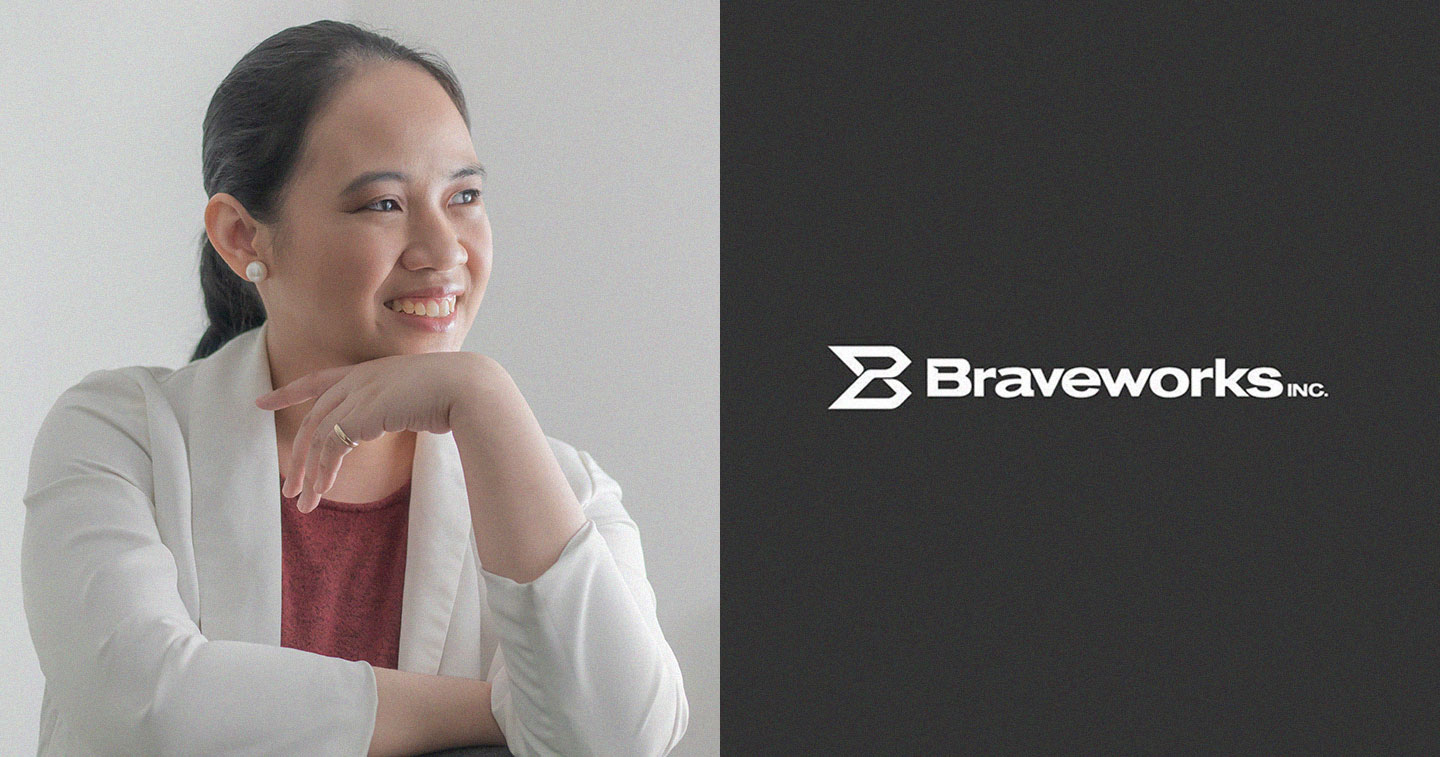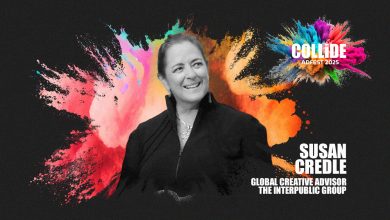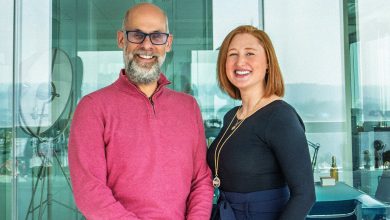MANILA, PHILIPPINES — When it comes to creative talent, there is no shortage of supply in the country. From Director Erik Matti’s On The Job: The Missing 8′s Oscar and Emmy nominations to Manila-based Silverlens Gallery expansion into New York, Filipino creatives have been taking the global stage by storm.
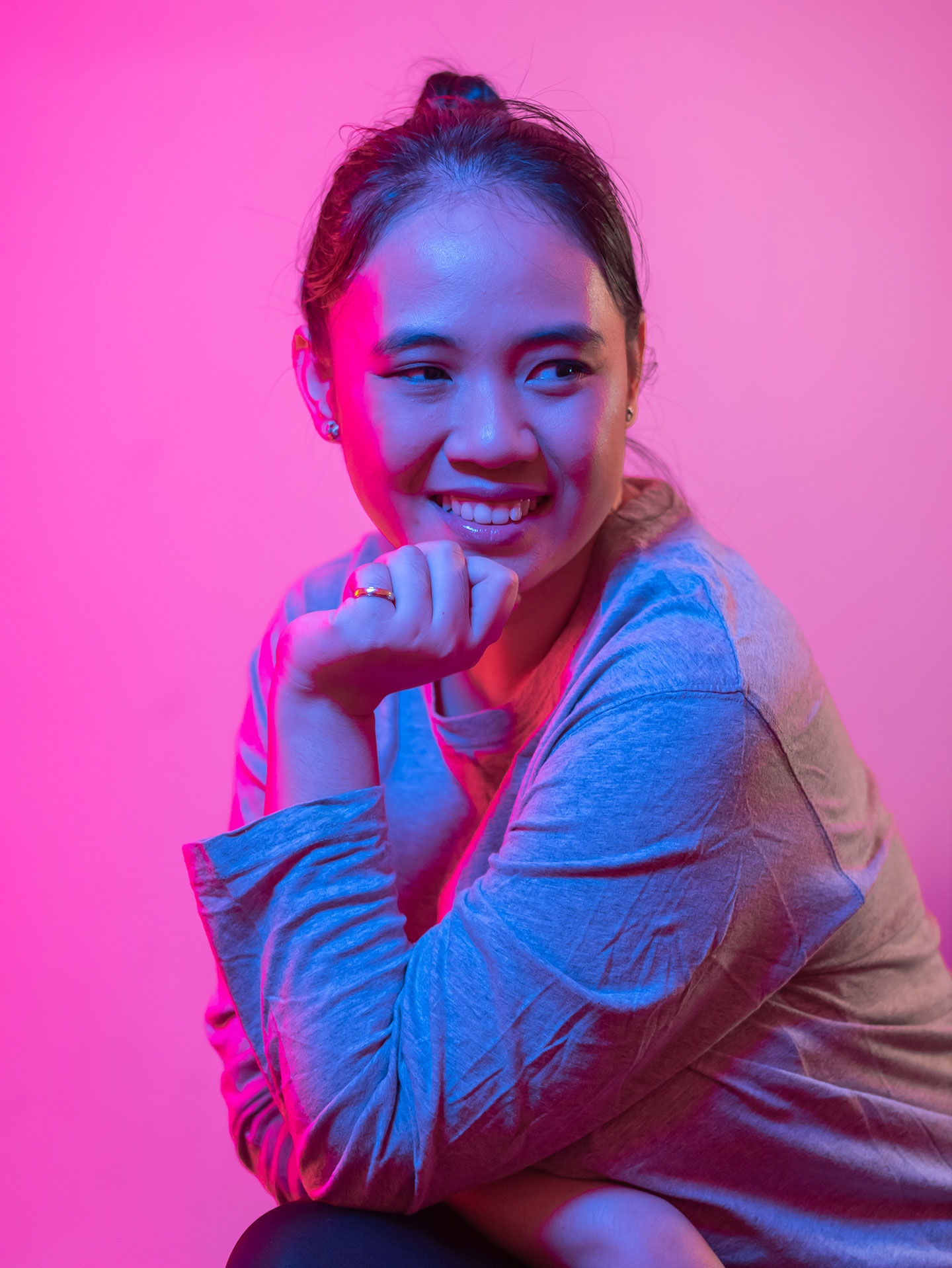
It goes without saying — Filipinos are naturally creative. However, not everyone possesses the business savvy to take their talent and turn it into a full-time career. Without the technical know-how, taking the leap from creative to entrepreneur can be daunting. Just ask Kia Abrera, a business mentor and strategist, who left her corporate job after a decade and built her creative agency Braveworks Inc. from the ground up with her husband.
In an exclusive interview, adobo Magazine talked to Kia about her own experience in the industry to uplift and encourage other professionals in the country.
adobo: Can you tell us about your journey in the creative industry and the many shifts you went through? What prompted you to go from film to marketing and advertising, and now to entrepreneurship and mentorship?
Kia: Since I was a kid, I’ve always had this creative itch. I basically grew up at the Cultural Center of the Philippines where my mom used to work, so I was exposed to an environment where people were supported in their creative pursuits. Because of this, I wanted to do so many things — I wanted to sing, dance, write, act, be in theater, and perform. Along the way, I developed a certain interest in film and decided to take up the course at the University of the Philippines.
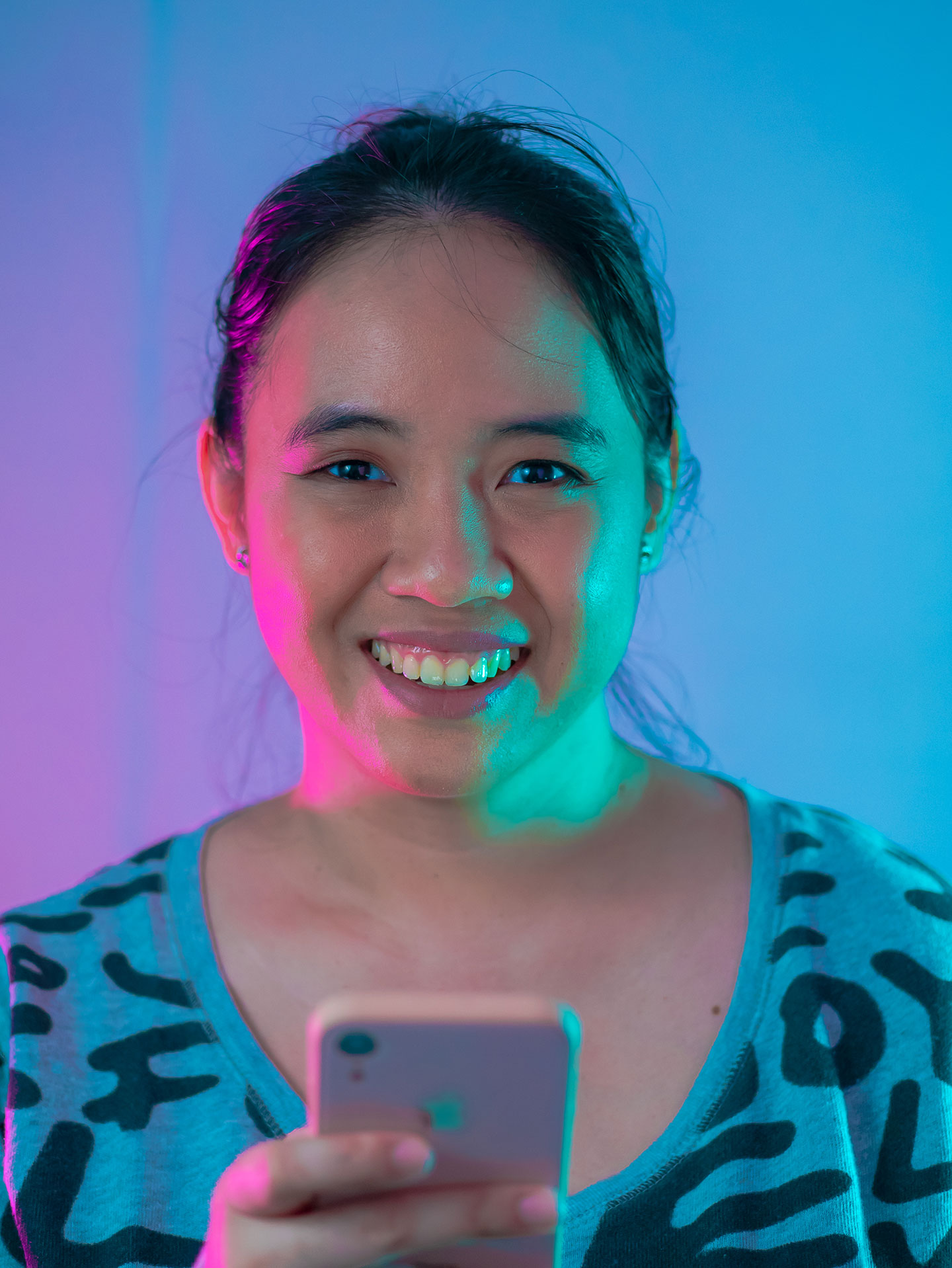
The first job I had out of school was in marketing, but I was still trying to find a convergence between all of my creative interests. I went through so many different explorations, my husband and I actually met through work. After about eight years in corporate advertising and marketing, we decided to start something of our own.
Can you introduce Braveworks and the Brave Creators’ Lab to us? What are their individual objectives, and how do they work?
Braveworks is our agency. Coming from my background in advertising and my husband’s in design and animation, we developed a knack for project and account management. Together, we had a real combination of skillsets that we knew could work for our own agency.
Braveworks began as a boutique agency. We were doing everything from creating business cards and videos, to working on graphic design for a brand’s social media and visual identity. It was a hodgepodge of different things until we found that we thrived better with videos. When we started to narrow our services down, we began to see the power of communication and creative strategy that went with the work. So we started to combine those two things together, strategy and video.
Our first seven-figure client was USAID. That’s a whole story in itself, but it pivoted the way that we saw our business. That’s why in the last six or seven years, we focused on becoming a social impact marketing agency. From working with cities to development agencies, we wanted to use creativity to uplift society.
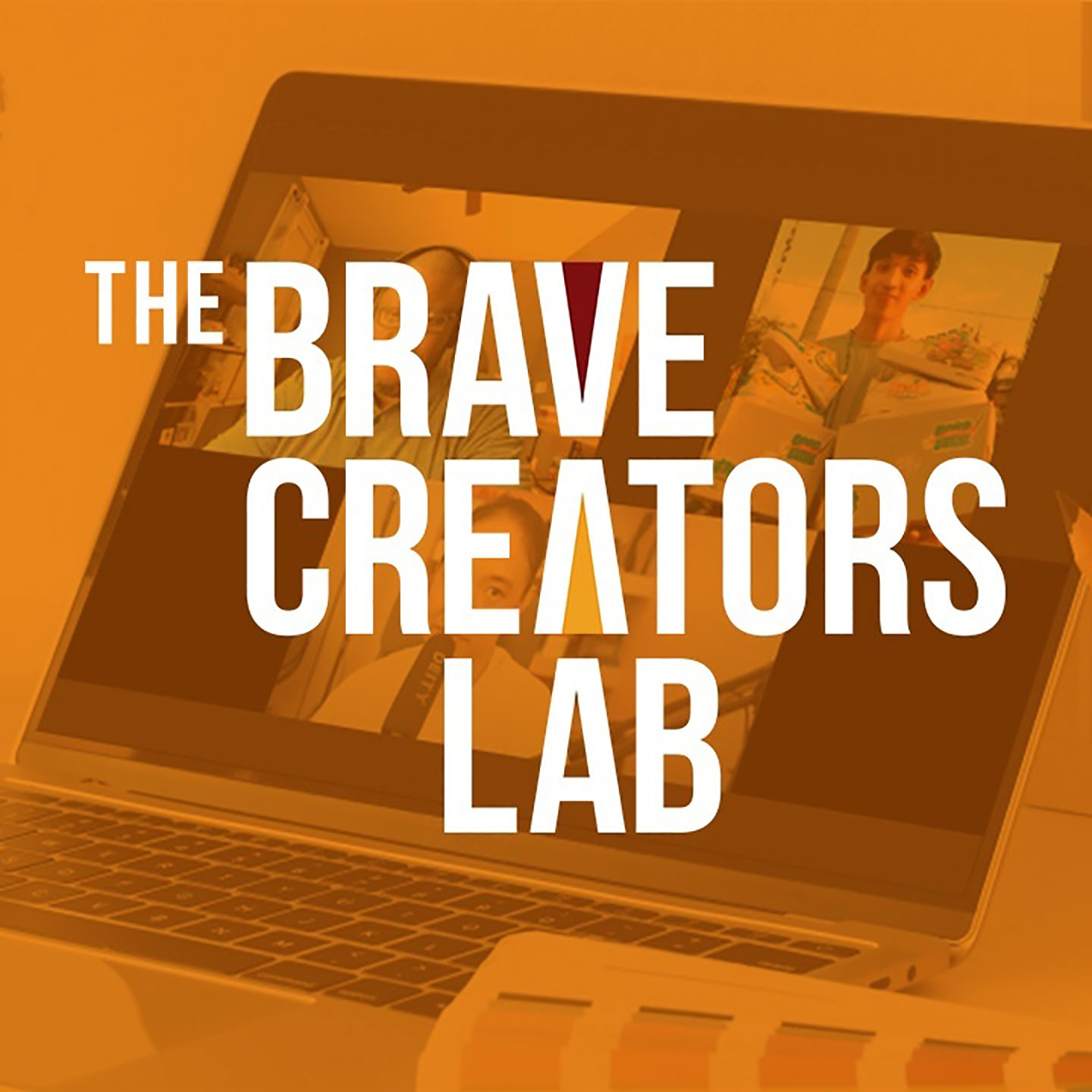
Through the Brave Creator’s Lab, we’re now focusing on making education more accessible to people. We aim to help Filipino creatives become better entrepreneurs, and help Filipino entrepreneurs become better creatives. We feel like the way is through content marketing, where we’re educating creators on how to gain traction online and make a mark in the global economy.
What was it like for you to transition from the corporate world to entrepreneurship? What are some challenges you faced in this transition, and were there creative skills or traits that helped you overcome them?
In entrepreneurship, you’re accountable for all of the decisions that happen in your business. As much as this is a good thing, it’s also challenging because, in the corporate world, you’re used to taking instruction and strategizing based on direction from upper management.
At the start, we didn’t really know anything about business or hitting targets. We just knew that we were selling a service, and then people would pay us for it. We made decisions that nearly cost us our company, but creativity helped us navigate our way through — not just the aesthetic kind of creativity where you make nice things, but the kind that paves the way for problem-solving, even if it’s one step at a time. This made me realize the importance of spotting a challenge and then focusing on it one at a time. It’s all about concentrating on the next doable step — what can you do within your vicinity and within your control that you can be accountable for right now?
One of the biggest problems I see with new entrepreneurs is wanting to do so many things all at once. This can cause a lot of problems and discourage them, so it’s necessary to have grace and patience. Letting go or detaching from the results, and instead focusing on the process — I think that’s a big skill for entrepreneurs to develop.
In the line of work you do now, you help others unlock “creative entrepreneurship.” What is this, exactly?
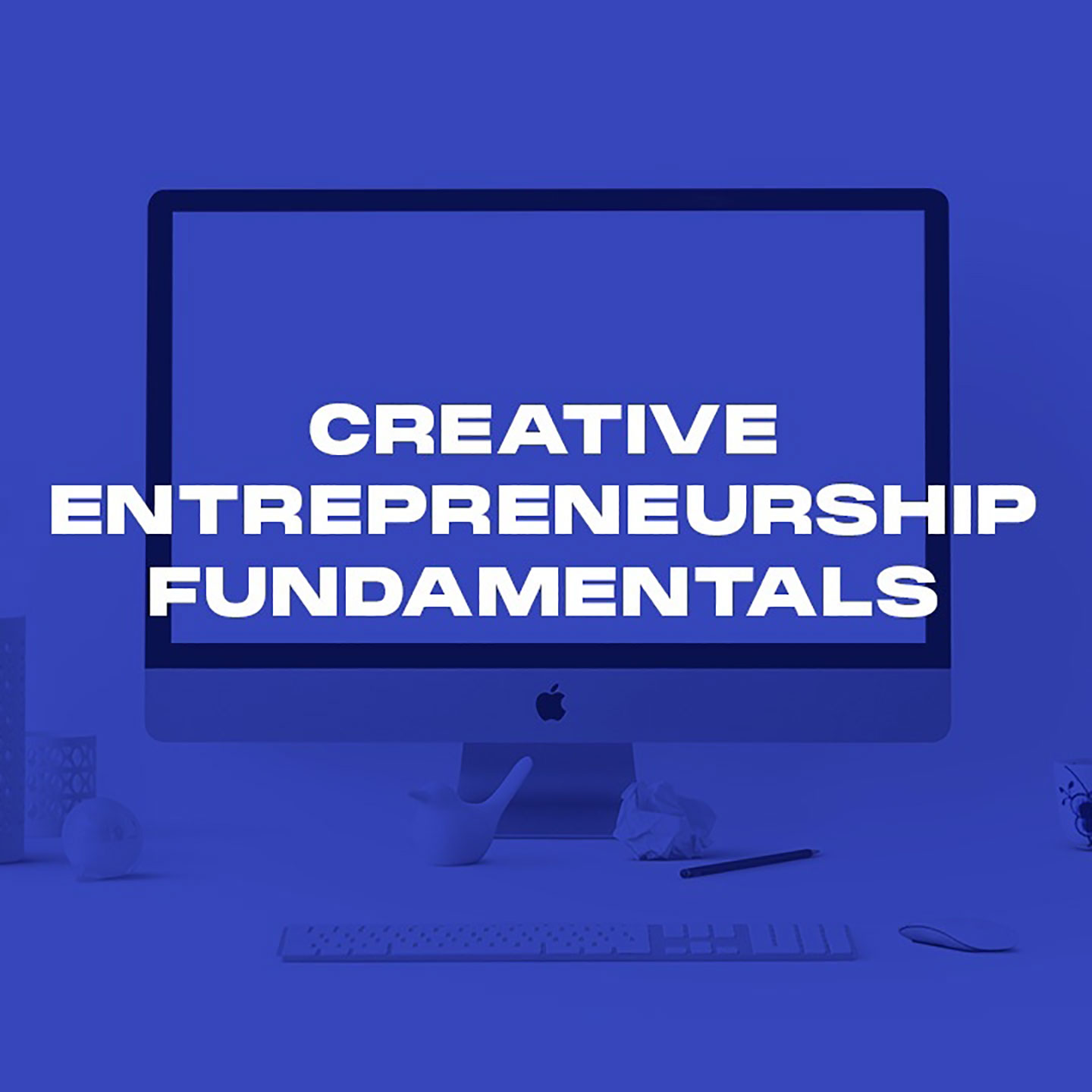
For me, the simplest definition of creative entrepreneurship is when you leverage creativity to earn a living. A lot of people use the word “freelancing,” but I try to be very careful with that. If you look at the history of the word, it referred to a lord’s paid army of “free lances.” When freelance first came into English in the early 1800s, it was used to refer to a medieval mercenary who would fight for whichever nation or person paid them the most. These people didn’t have affiliations or a moral code. That’s why I prefer to call “freelancers” creative entrepreneurs or creative solopreneurs because they have to start thinking that they’re not just people hired to do stuff. They have to start developing a mindset of an entrepreneur. When we start to make that shift and change the language, I think there’s a lot of empowerment there.
How can one be successful in this field?
Creative entrepreneurs can start by choosing one core, creative skill that they can focus on and build on. For example, you’re good at writing. You can do that, and slowly start to niche down. What kind of writing do you want to do? Is it copywriting, speechwriting, travel writing, or something else? After identifying this, pick a segment or minimum viable audience that you can serve. As you specialize and eventually upskill, your value goes up. Over time, you’re going to attract the right people and clients. Scaling or growing a business is not about getting more clients, it’s about getting higher-value clients.
With this said, I think success in the creative field is all about picking a focus, developing that, and then learning the business field.

